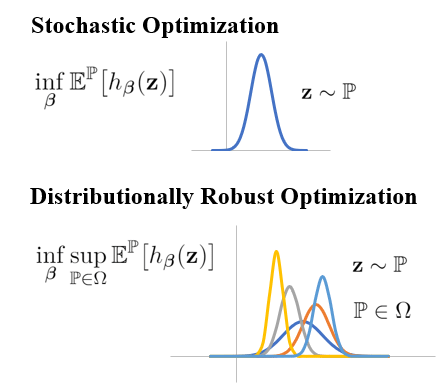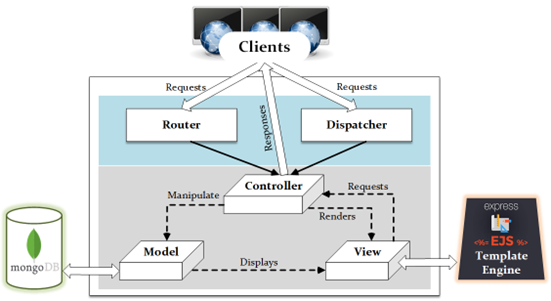Federated Learning: Collaborative Machine Learning without Centralized Training Data . FL is one of The Next Generation Of Artificial Intelligence .
About Me
A brief biography to introduce myself!Latest News
Mar 2025: I have successfully defended my PhD thesis!
Dec 2024: Our paper “Federated Koopman-Reservoir Learning for Large-Scale Multivariate Time-Series Anomaly Detection” was accepted by SIAM SDM (Link)
Oct 2024: Our paper “Federated Deep Equilibrium Learning: Harnessing Compact Global Representations to Enhance Personalization” was accepted by ACM CIKM (Link)
Jul 2024: Our paper “Federated PCA on Grassmann Manifold for IoT Anomaly Detection” was accepted by IEEE/ACM Transactions on Networking (Link)
Feb 2024: Our paper “Distributionally Robust Federated Learning for Mobile Edge Networks” was accepted by Mobile Networks and Applications (Link)
Research Interests
My research interests lie in the intersection of the following fields-
Federated Learning
-
Edge Computing
Nowadays, computing systems are getting "edgier", and the market for edge computing devices is also huge—and growing.
-
Optimization
Learning how to weigh constraints and criteria against various solutions in order to select the best one is necessary not only for engineering, but also for life.
-

Distributed
ComputingThe method of making multiple computers "act locally, connect globally", an essential component that empowers today’s machine learning
-
Sofware-Defined Networking
A more flexible and programmable network paradigm that's easier to manage and control network applications and services.
-
Reconfigurable Hardware
Unlocking the benefits of the reconfigurable computing platform can help improve AI Edge inference throughput.
Selected Publications
Check out my recent publications. The full publication list is available here| Field | Year | Type | Publication | Details |
|---|---|---|---|---|
| FL, IoT | 2023 | Conference | T.A. Nguyen, J. He, L. T. Le, W. Bao, N. H. Tran, "Federated PCA on Grassmann Manifold for Anomaly Detection in IoT Networks," IEEE International Conference on Computer Communications (INFOCOM), 2023. | Link/Code |
| FL | 2022 | Preprint | TA. Nguyen, J. Nguyen, L. T. Le, C. T. Dinh & N. H. Tran. "On the Generalization of Wasserstein Robust Federated Learning". Preprint, 2022. | Link/Code |
| SDN, ML | 2021 | Conference | L. T. Le and T. N. Thinh. "On the Improvement of Machine Learning Based Intrusion Detection System for SDN Networks". NAFOSTED Conference on Information and Computer Science (NICS), 2021. | Link |
| Edge Computing | 2021 | Conference | T. N. Thinh, L. T. Le et al., "An Edge-AI Heterogeneous Solution for Real-time Parking Occupancy Detection". International Conference on Advanced Technologies for Communications (ATC), 2021. | Link |
| SDN | 2018 | Conference | T. N. Thinh, L. T. Le, M. A. T. Tran. “ODL-ANTIFLOOD: A Comprehensive Solution For Securing OpenDayLight Controller”. International Conference on Advanced Computing and Applications (ACOMP), 2018. | Link |
Education & Experience
Studying and Working Timeline-
2021 - 2025
The University of Sydney
Doctor of Philosophy in Computer Science
-
2013 - 2018
Vietnam National University Ho Chi Minh City - University of Technology
Bachelor of Engineering in Computer Engineering (Honors)
-
2010 - 2013
Quoc Hoc - Hue High School for the Gifted
High School Certification
-
2024 - Now
Research Data Scientist
Intersect Australia
-
2021 - Now
Graduate Research Assistant
School of Computer Science, USYD
-
2018 - 2021
Researcher Engineer
Falcuty of Computer Science and Engineering, HCMUT
-
2017
Intern Embedded Software Engineer
FPT Software, HCMC
-
“ Don't limit your challenges. Challenge your limits.”
Martonek Jr
-
“In the middle of difficulty lies opportunity.”
Albert Einstein
Projects
Check out my recent projects-
2023 - 2024 Federated Learning
A novel FL framework for edge networks that utilizes equilibrium learning with consensus optimization to create personalized models, reducing communication and memory demands.

Federated Learning (FL) is a prominent distributed learning paradigm facilitating collaboration among nodes within an edge network to co-train a global model without centralizing data. By shifting computation to the network edge, FL offers robust and responsive edge-AI solutions and enhance privacy-preservation. However, deploying deep FL models within edge environments is often hindered by communication bottlenecks, data heterogeneity, and memory limitations. To address these challenges jointly, we introduce FeDEQ, a pioneering FL framework that effectively employs deep equilibrium learning and consensus optimization to exploit a compact shared data representation across edge nodes, allowing the derivation of personalized models specific to each node. We delve into a unique model structure composed of an equilibrium layer followed by traditional neural network layers. Here, the equilibrium layer functions as a global feature representation that edge nodes can adapt to personalize their local layers. Capitalizing on FeDEQ's compactness and representation power, we present a novel distributed algorithm rooted in the alternating direction method of multipliers (ADMM) consensus optimization and theoretically establish its convergence for smooth objectives. Experiments across various benchmarks demonstrate that FeDEQ achieves performance comparable to state-of-the-art personalized methods while employing models of up to 4 times smaller in communication size and 1.5 times lower memory footprint during training.
-
2022 - 2023 Federated Learning
A FL framework that enables efficient and privacy-preserving anomaly detection in IoT networks, offering effective processing on resource-constrained IoT devices.

This project addresses the critical need for network-wide anomaly detection within the IoT landscape, a domain where devices frequently exhibit significant security vulnerabilities. We introduce an innovative solution that applies distributed computing and machine learning techniques to distinguish between normal and anomalous network traffic. To overcome the traditional constraints of machine learning, such as privacy issues and limited computational capacity on IoT devices, we propose a federated optimization framework, enabling a collaborative yet privacy-conscious profiling of network behavior across distributed IoT devices. The framework ensure rapid model training without incurring detection delays, even on devices with minimal processing power. Our methodology promises to set a new standard for efficient and privacy-aware anomaly detection in IoT networks.
-
2021 - 2023 Federated Learning
A generalizable FL framework that tackles the challenge of non-i.i.d. data using distributionally robust optimization and optimal transport.
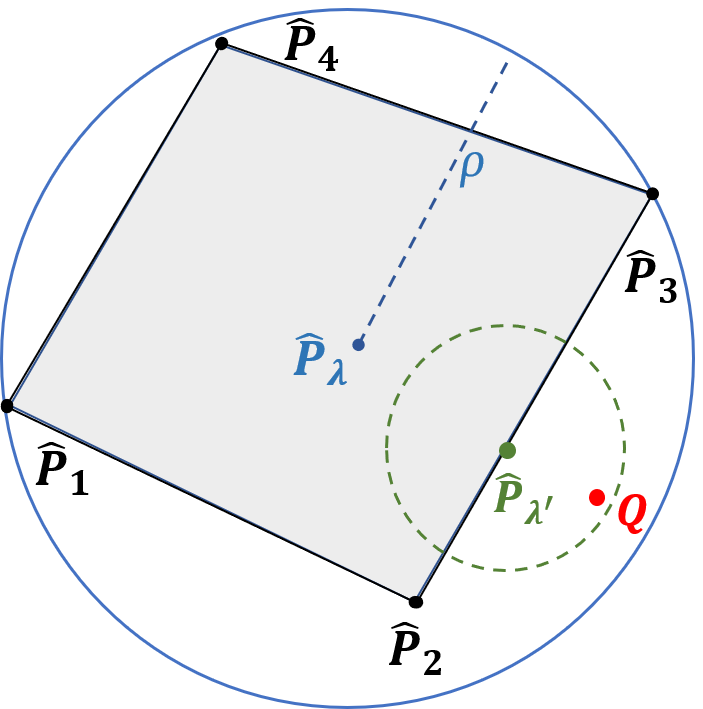
In federated learning, participating clients typically possess non-i.i.d. data, posing a significant challenge to generalization to unseen distributions. To address this, we propose a Wasserstein distributionally robust optimization scheme called WAFL. Leveraging its duality, we frame WAFL as an empirical surrogate risk minimization problem, and solve it using a local SGD-based algorithm with convergence guarantees. We show that the robustness of WAFL is more general than related approaches, and the generalization bound is robust to all adversarial distributions inside the Wasserstein ball (ambiguity set). Since the center location and radius of the Wasserstein ball can be suitably modified, WAFL shows its applicability not only in robustness but also in domain adaptation. Through empirical evaluation, we demonstrate that WAFL generalizes better than the vanilla FedAvg in non-i.i.d. settings, and is more robust than other related methods in distribution shift settings. Further, using benchmark datasets we show that WAFL is capable of generalizing to unseen target domains. .
-
2020 - 2021IoT, Remote Sensing, Cloud Computing
A comprehensive air quality monitoring system tailored for smart cities using wireless sensor network.
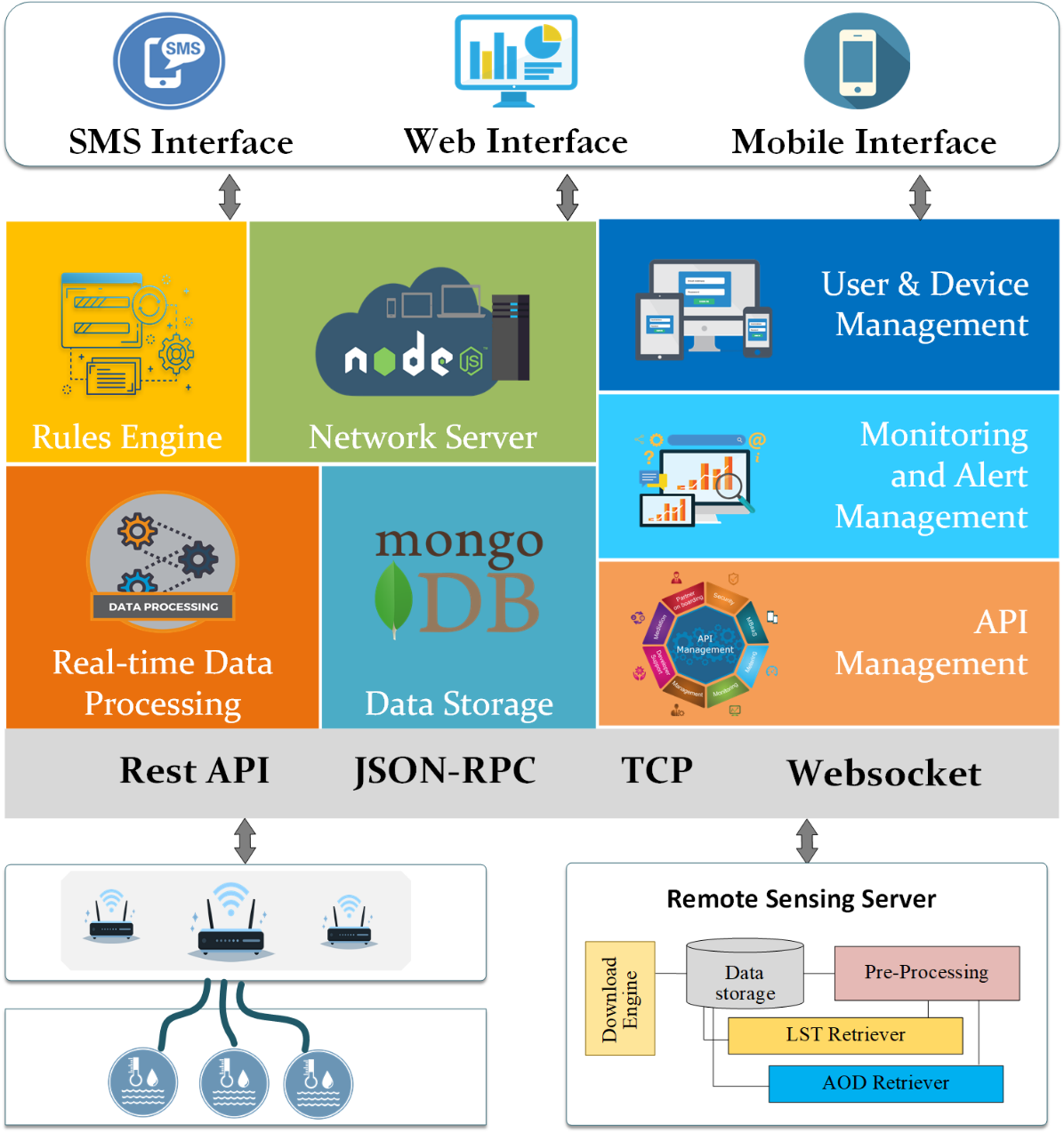
This project introduces a comprehensive air quality monitoring system tailored for smart cities, with a pioneering deployment in Ho Chi Minh City, one of Vietnam's largest urban centers. Our innovative system integrates direct measurements from strategically placed sensors with analytical data derived from remote sensing imagery. The core of the system lies in its sensor network, which provides precise measurements of key pollutants, allowing for an accurate calculation of the Air Quality Index (AQI). Complementing this, the analysis of remote sensing images offers a cost-effective method to approximate AQI over expansive areas not covered by sensors. These multifaceted data streams create a dynamic and robust tool for urban air quality management, promising enhanced environmental health and informed policy-making for smart cities.
-
2018 - 2020 SDN, Cloud Computing
A high-performance ML-based intrusion detection system for SDN-enabled cloud networks that detects anomalies and mitigates cyber attacks.
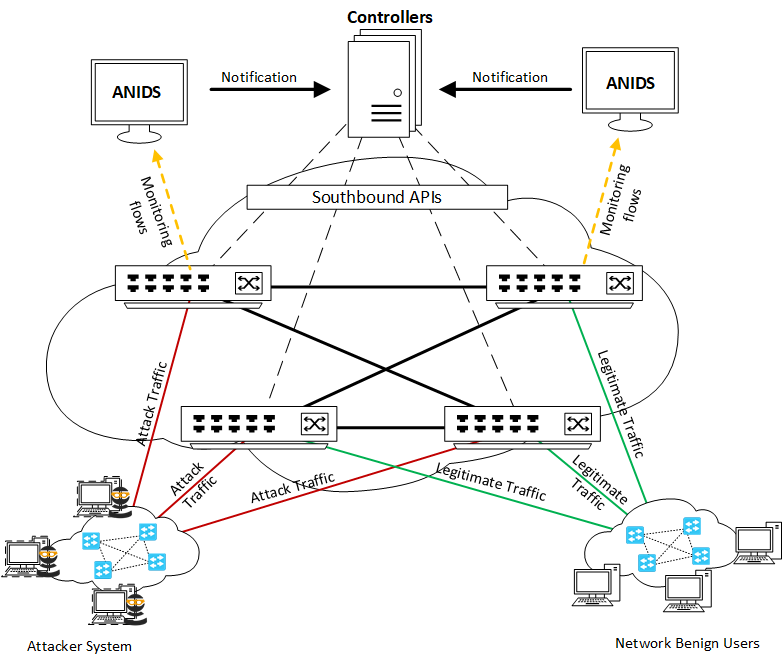
Software-Defined Networking (SDN) is seen as a next-generation paradigm promising to build a vendor-neutral networking environment. By decoupling control plane from data plane, SDN shifts network intelligent logic into a logically centralized controller, thereby helping address many thorny problems in conventional network architecture. Despite of offering immense benefits, SDN has shown to be vulnerable to cyber attacks; meanwhile, Machine Learning (ML) has come into being the most powerful weapon to deal with those of security issues. In this paper, we proposed an improved solution of ML-based network intrusion detection system for better protecting SDN from malicious activities. The proposed solution is formed from a combination of ML techniques including Deep Sparse Autoencoder for reducing dimension and learning meaningful feature representation in network data; Conditional Generative Adversarial Network for solving data imbalance problem in intrusion detection datasets; and Ensemble Learning methods for classifying anomaly network traffic. Moreover, we leverage NetFPGA, a high-speed networking platform, to accelerate the packet processing task for the proposed system. By evaluating on empirical datasets, we show that our proposed system is capable of fast classification network traffic with high detection accuracy rate and relatively low false negative/positive rate.
-
2019 - 2020 IoT, Cloud Computing
A cutting-edge system utilizing IoT and cloud computing to deliver real-time, accurate monitoring of water salinity levels

This project employs a cutting-edge system utilizing IoT and cloud computing to deliver real-time, accurate monitoring of water salinity levels in Go Cong district, Tien Giang province, Vietnam. Through a network of IoT sensors, salinity data is continuously collected and then processed and analyzed using cloud technology, ensuring accessibility and scalability. This system not only provides immediate data access through a user-friendly dashboard but also features automated alerts for quick response to critical salinity fluctuations. With its advanced data analytics capabilities, the project is a significant step towards proactive water resource management, preserving the ecological balance and supporting the local communities in Go Cong.



